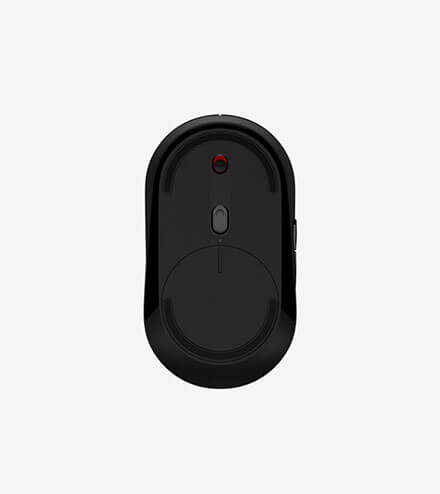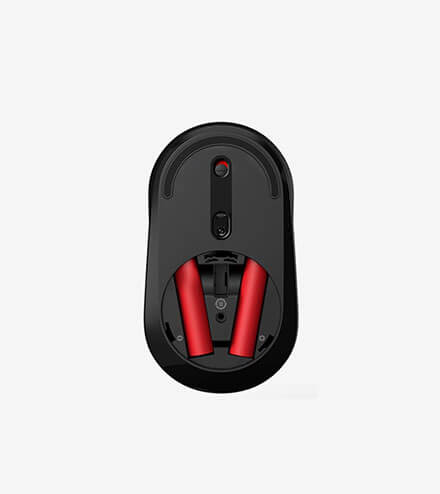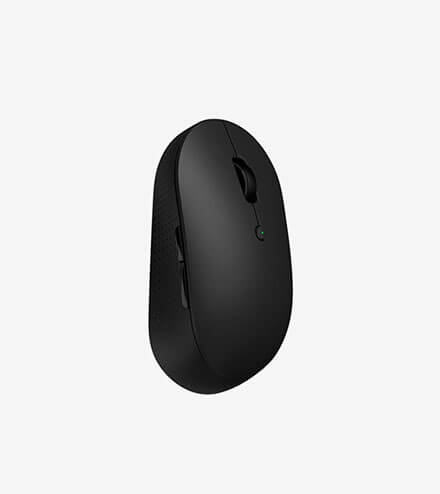
E-Commerce, the Gig Economy, and Retail Transformation in Nigeria: Key Trends and Opportunities
As digital technology reshapes the way people connect, shop, and work globally, Nigeria stands out as one of the most dynamic and rapidly evolving markets for e-commerce and the gig economy. The country’s large population, increasing smartphone penetration, and improved internet access have paved the way for significant changes in consumer behavior, business models, and employment patterns. Understanding these trends is crucial for anyone looking to succeed in Nigeria’s retail market, especially for business owners, resellers, and suppliers seeking to tap into a growing consumer base. This article provides a comprehensive breakdown of the key trends shaping Nigeria’s e-commerce landscape, the rise of the gig economy, and the transformation of the retail market, highlighting both the opportunities and challenges ahead.
1. E-Commerce Boom in Nigeria
E-commerce in Nigeria has seen remarkable growth over the past decade, driven by factors such as increased mobile penetration, improved internet access, and a burgeoning middle class with rising disposable income. Major platforms like Jumia, Konga, and BrightWil™ are at the forefront of facilitating seamless online transactions, and the sector is expected to continue expanding at a rapid pace.Key Trends in Nigerian E-Commerce
- Mobile Shopping: Nigeria's mobile penetration is soaring, with over 70% of the population accessing the internet via smartphones. This has made mobile commerce (m-commerce) the backbone of Nigeria’s e-commerce industry. Platforms are heavily investing in mobile-friendly websites and apps to enhance user experience and cater to a mobile-first population.
- Social Commerce: Social media platforms such as Instagram, Facebook, and WhatsApp have increasingly become informal marketplaces. Social commerce, where businesses promote and sell products directly on social media, is gaining traction, especially among small business owners who use these platforms to reach customers without the overhead costs associated with traditional retail.
- Digital Payment Solutions: The adoption of digital payment platforms like Paystack, Flutterwave, and BrightWil™’s escrow services has been instrumental in facilitating smooth, secure online transactions. These services have helped address concerns around fraud and security, which often deter consumers from shopping online. As digital payments gain acceptance, consumers feel more confident engaging in e-commerce.
- Cross-Border E-Commerce: As Nigerian entrepreneurs expand beyond local markets, cross-border e-commerce is gaining traction. BrightWil™'s escrow services play a key role in ensuring safe international transactions, allowing Nigerian businesses to reach a global audience while providing security to buyers.
Opportunities for Businesses
- Online Presence and Mobile Optimization: Entrepreneurs should focus on building a strong online presence and optimizing their platforms for mobile use. With the high penetration of mobile internet, a mobile-optimized website or app is crucial for maximizing reach and engagement.
- Social Media Sales: Leveraging social media platforms for sales provides a cost-effective way for businesses to connect directly with consumers. Social commerce can be an especially effective channel for reaching younger, more tech-savvy demographics.
- Secure Payment Systems: Integrating secure payment gateways, such as escrow services, not only ensures a seamless shopping experience but also builds trust with consumers, reducing the likelihood of cart abandonment.
- Global Expansion: Cross-border e-commerce offers Nigerian businesses new avenues for growth. Entrepreneurs who embrace international trade can tap into larger markets and potentially diversify their revenue streams.
2. The Rise of the Gig Economy in Nigeria
The gig economy has rapidly gained momentum in Nigeria, reflecting broader global trends. In a country with high unemployment rates and a young population, many Nigerians are turning to flexible, short-term work opportunities to supplement their incomes. Platforms like Uber, Bolt, Upwork, and other freelance websites have created an ecosystem where workers can connect with clients on a project-by-project basis, reducing their dependence on traditional 9-to-5 employment.Key Trends in the Nigerian Gig Economy
- Freelancing and Remote Work: Digital freelancing platforms have gained popularity, with Nigerians engaging in global gig work across a wide range of fields, including graphic design, content writing, web development, and digital marketing. Remote work has opened new doors for young professionals, particularly in tech-driven industries.
- Side Hustles as Economic Necessity: Economic factors such as high unemployment and underemployment have driven many Nigerians to take up side hustles. Platforms like BrightWil™ offer opportunities in reselling, package pickup, and vehicle advertising, allowing individuals to generate income outside of traditional jobs.
- Ridesharing and Delivery Services: Ridesharing services like Uber and Bolt, alongside delivery platforms, have gained significant traction in Nigeria’s urban centers. The demand for quick and reliable delivery services has created new business opportunities in logistics, where companies like BrightWil™ help bridge the gap by offering local pickup and delivery services.
Opportunities for Businesses
- Flexible Work Arrangements: Companies can capitalize on the gig economy by offering flexible work options and project-based opportunities. Outsourcing tasks to freelancers can reduce overhead and give businesses access to a larger pool of talent.
- Supporting Gig Workers: By offering services that make it easier for gig workers to earn and manage their finances—such as secure payment platforms and advertising partnerships—businesses can help foster a thriving gig economy and tap into this growing workforce.
- New Income Streams: Businesses can also explore partnerships with gig workers to support local logistics, package deliveries, and even local advertising. This opens up new opportunities for revenue generation and business growth.
3. Transformations in the Nigerian Retail Market
The Nigerian retail market has undergone significant transformations, driven in large part by the rise of e-commerce and the gig economy. While traditional retail remains important, consumers are increasingly seeking flexible, omnichannel shopping experiences that blend the convenience of online shopping with the personal touch of in-store interactions.Key Trends in the Nigerian Retail Market
- Omnichannel Retailing: Consumers today expect a seamless experience across both online and offline channels. Many Nigerian retailers are adopting omnichannel strategies to integrate physical stores with e-commerce platforms. This has given rise to pickup centers and local hubs like those in BrightWil™’s Bridge The Gap program, which help connect online retailers with customers offline.
- Reselling and Micro-Retailing: Reselling has become a popular and profitable business model in Nigeria. Platforms like BrightWil™ offer resources and training to resellers, allowing individuals to start their own businesses with low upfront investment. This model has particularly attracted young people and individuals seeking financial independence.
- Demand for Secure Transactions: As online retail continues to grow, ensuring secure transactions is becoming increasingly important. Services like BrightWil™’s escrow system help reduce fraud, instilling trust among buyers and sellers and facilitating safer online retail experiences.
- Digital Payments and Financial Inclusion: The shift from cash to digital payments in Nigeria is helping to address challenges related to financial inclusion. With digital wallets, mobile money services, and escrow options, consumers and businesses alike are moving toward more secure and efficient payment solutions.
Opportunities for Businesses
- Omnichannel Integration: Retailers can expand their customer base by integrating their online stores with offline experiences. Pickup centers and local hubs provide an opportunity for businesses to connect with customers both digitally and in person.
- Reselling and Micro-Retailing: Micro-retailing presents an opportunity for businesses to tap into the informal sector by empowering individuals to start small-scale businesses without significant capital investment. Offering resources and training can help foster a new generation of entrepreneurs.
- Secure Transactions: Providing secure payment options, such as escrow services, can build trust with consumers and reduce cart abandonment, ultimately leading to higher sales and customer loyalty.
4. Challenges Ahead
While these trends offer immense growth potential, businesses in Nigeria must also navigate several challenges:- Infrastructure and Logistics: Poor infrastructure, particularly in rural areas, can hinder delivery and distribution for e-commerce businesses. Reliable logistics solutions are essential to bridging this gap and ensuring timely delivery.
- Trust and Security: Fraud remains a major concern for Nigerian consumers, especially in the digital space. Services like BrightWil™’s escrow system are essential for fostering trust in online transactions and encouraging more people to shop online.
- Economic Volatility: Economic instability, including inflation and currency fluctuations, can affect purchasing power and consumer behavior. Businesses must be agile and adapt to these economic conditions to stay competitive.












